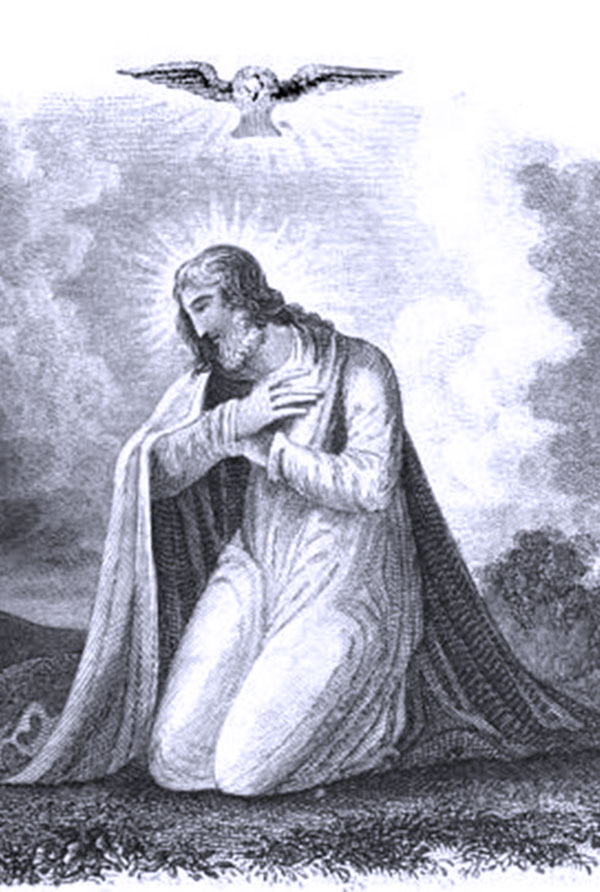Prayer Imports Blessings

Christ in prayer
Today's Devotional
Men ought always to pray and not to faint, Luke 18:1.
There can be no room for despair; for prayer exports wants and imports blessings: but our dear Lord knows there is in us all at times a backwardness to prayer; this he would remove: it arises from fainting, this he would prevent; therefore he opposes praying to fainting, for fainting prevents praying. Have you not found it so? When weary and faint in your mind, when your spirits are oppressed, your frame low and languid, you have thought this is not a time for prayer: yea, but it is: pray always. Now sigh out the burden of your heart and the sorrows of your spirit: now, though in broken accents, breathe your complaints into your Father’s ear: now cry to him who loveth you and careth for you with the love and care of the most tender and affectionate father. What makes us faint? Do troubles and afflictions? Here is a reviving cordial: “Call upon me in the day of trouble, I will deliver thee, and thou shalt glorify me.” Psalm 50:15. Does a body of sin and death? Here is a supporting promise: “Whosoever shall call upon the name of the Lord Jesus, shall be saved.” Rom.10:13. Do we faint because we have called and prayed again and again to the Lord against any besetting sin, prevailing temptation, rebellious lust, or evil temper, and yet the Lord has not given victory over it? Still, says the Lord, pray always: persevere; be importunate; faint not; remember that blessed word, “my time is not yet come: but your time is always ready.” John 8:6. “Watch and pray, that ye enter not into temptation” Matt. 26:41. Note the difference between being tempted and entering into temptation. We are assured in due time, we shall reap, if we faint not Gal. 6:9. Do we find the spirit willing, but the flesh weak? and because of our coldness, deadness, and langour in prayer, do we faint? You cannot pray to please yourself: you think your prayers are irksome to God; and therefore do you faint and are ready to give over praying? Look at David; he begins to pray in a very heartless, hopeless way. How long wilt thou forget me, O Lord, for ever, Sec. See how he concludes; he breaks out in full vigour of soul; “I will sing unto the Lord, because he hath dealt bountifully with me.” Psalm 13:6. Above all, look to Jesus, who ever lives to pray for you: look for his Spirit to help your infirmities. Rom. 8:26.
About the author and the source
As a boy, William Mason (1719–1791), while outwardly moral, had no peace with God until he attended a Wesleyan chapel and found his righteousness in Christ. As a preacher and author, he rose at four in the morning to ransack Scripture for promises and to write the meditations that appeared in his Spiritual Treasury.
William Mason. A Spiritual Treasury for the Children of God. New York: Deare and Andrews, 1803.





